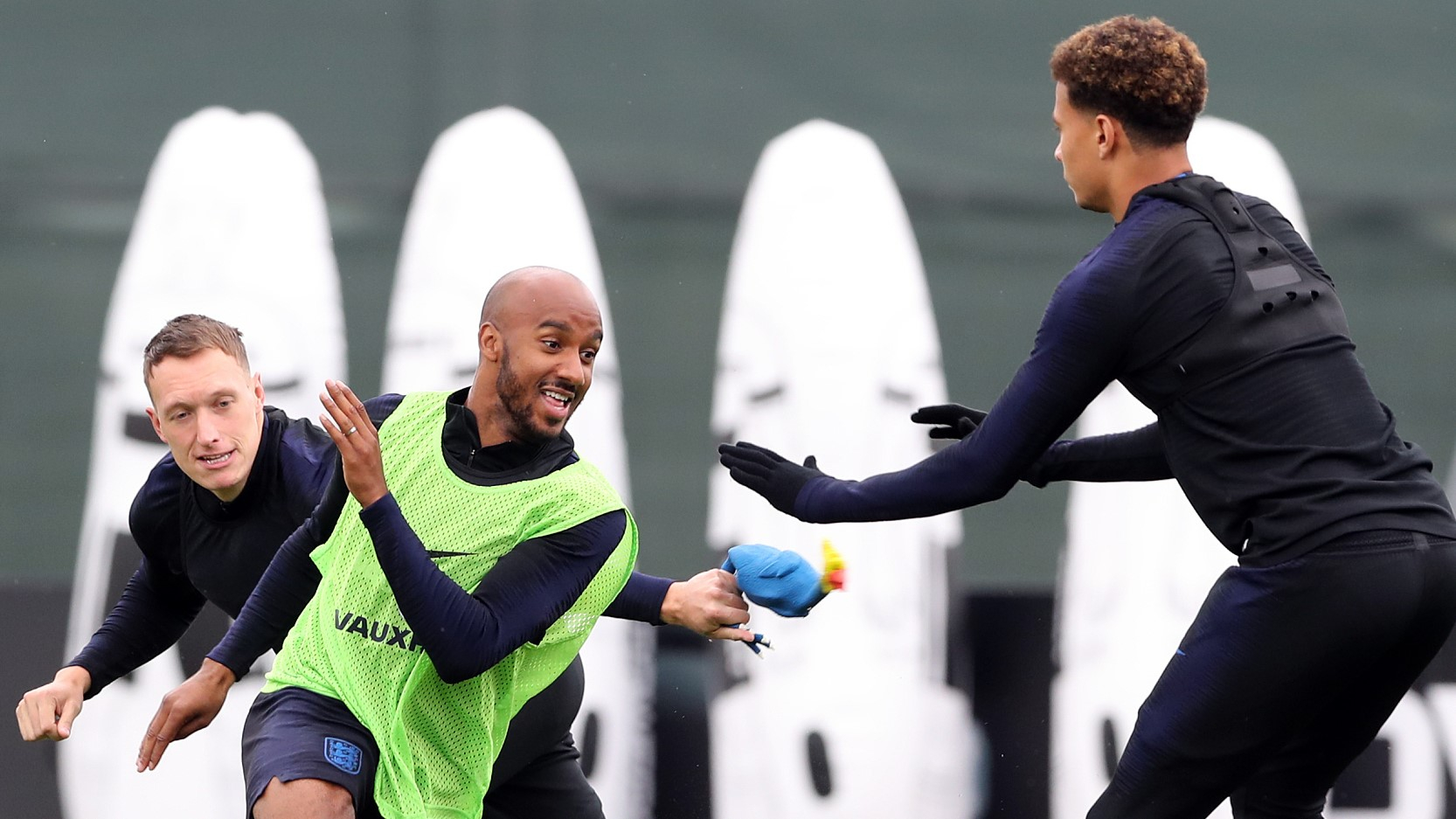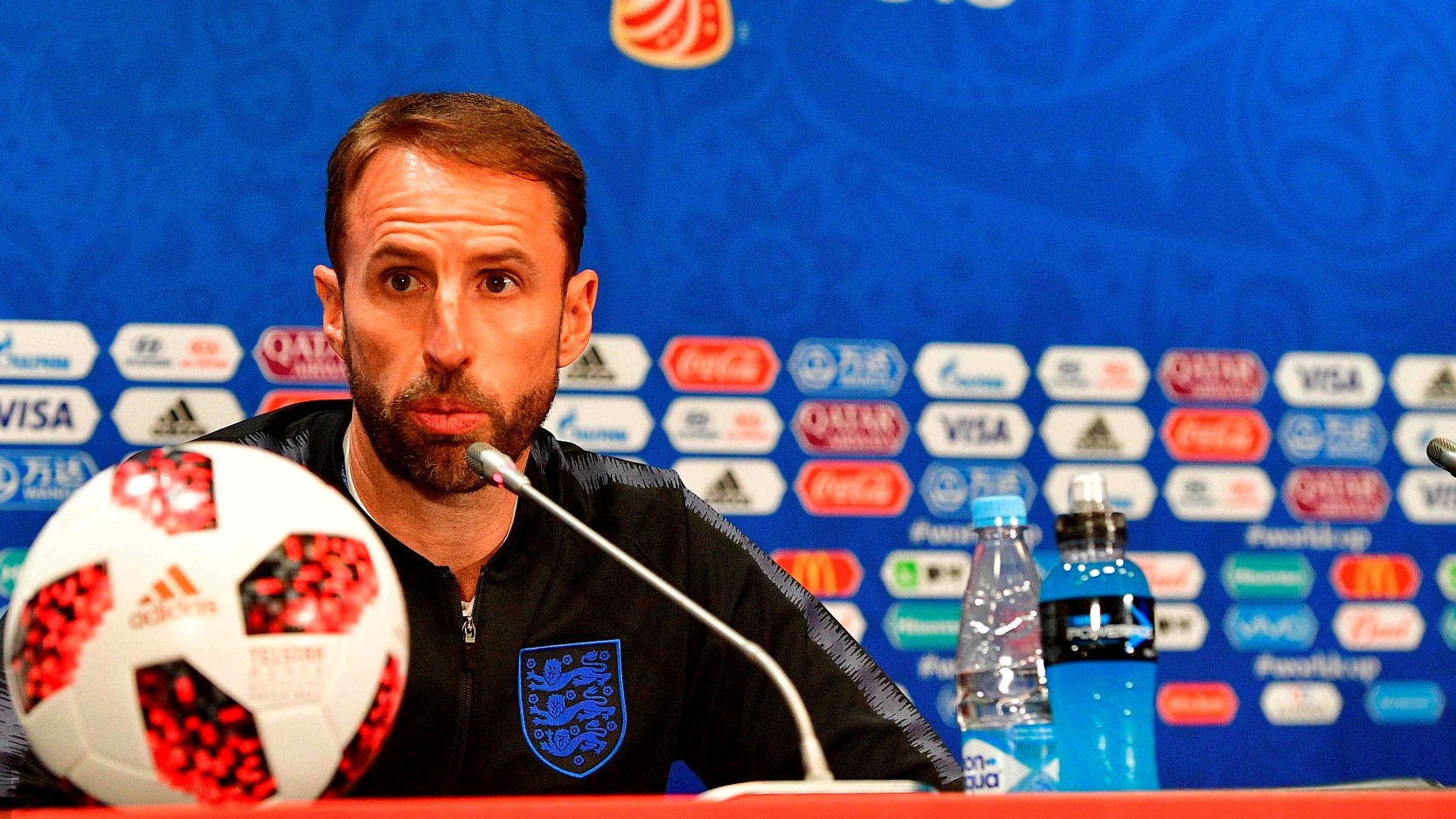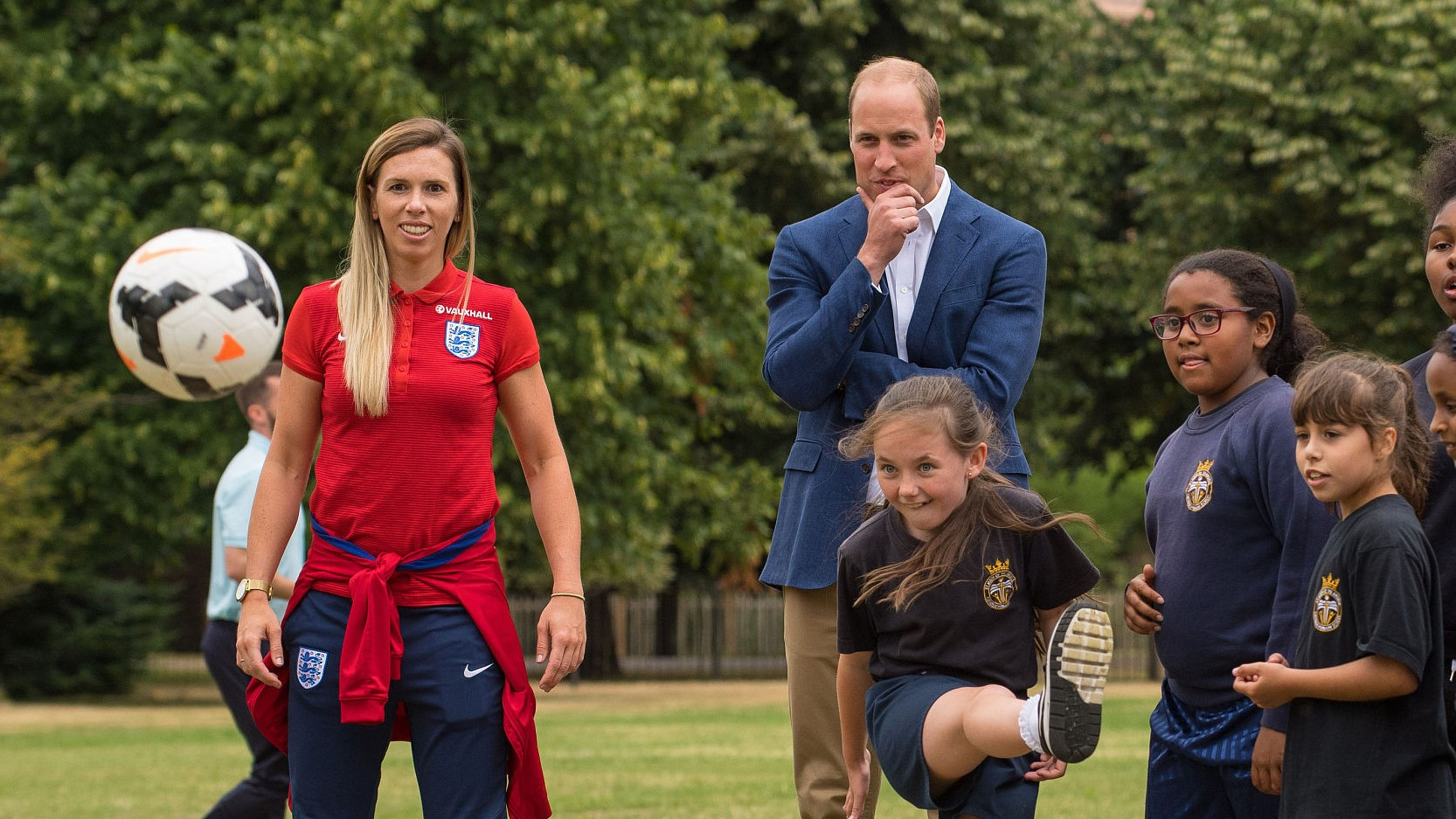
Soccer
19:36, 11-Jul-2018
A look into English soccer's youth system
Updated
19:24, 14-Jul-2018
Li Xiang

If asked about the youth system for soccer in England, lecturers at the country’s manager training program will probably give the following answer: Their prime goal is to help children become happy people who can play soccer in a happy way.
One of the lecturers said that the people responsible for youth development in soccer must have their eyes on the future. In England, there’s no rigid targets children’s soccer team coaches. A coach will not be seen as successful if none of his players turn professional, but on the other hand, even if his team keeps losing, but one day, one of the kids becomes another Harry Kane, then he will be seen as a great coach.
Working to these standards, coaches are able to make long-term plans for children and arrange scientific, rational training programs for players based on their age in order not to spoil things with excessive enthusiasm.

Gareth Southgate, manager of England at the 2018 FIFA World Cup /VCG Photo
Gareth Southgate, manager of England at the 2018 FIFA World Cup /VCG Photo
England DNA, the outline of soccer youth development that was established in 2014, is now being followed by all youth soccer coaches in the country. One of the plan's creators is England’s current manager Gareth Southgate. He helped design the outline when he was the manager of the country’s U21 soccer team.
England DNA is not only about game tactics and physical training, it also covers players’ mental health and social skills. For example, when players go through the physical changes of puberty, they also have emotional issues to deal with, and it’s the coach’s job to help such players.

Soccer is intended to be a happy sport in England. /VCG Photo
Soccer is intended to be a happy sport in England. /VCG Photo
English coaches believe that a strong mentality and sound social skills are necessary for players if they want to become elite and need to decide a team’s fate at key moments. Moreover, even if the players do not become professional, the training will still help them become happy people in their lives.
Both England’s players and fans are happy enough now, as their team is in the semifinals of the FIFA World Cup for the first time in 28 years. The country will play against Croatia at the Luzhniki Stadium in Moscow on Wednesday to decide who will compete for the trophy with France on Sunday.

SITEMAP
Copyright © 2018 CGTN. Beijing ICP prepared NO.16065310-3
Copyright © 2018 CGTN. Beijing ICP prepared NO.16065310-3